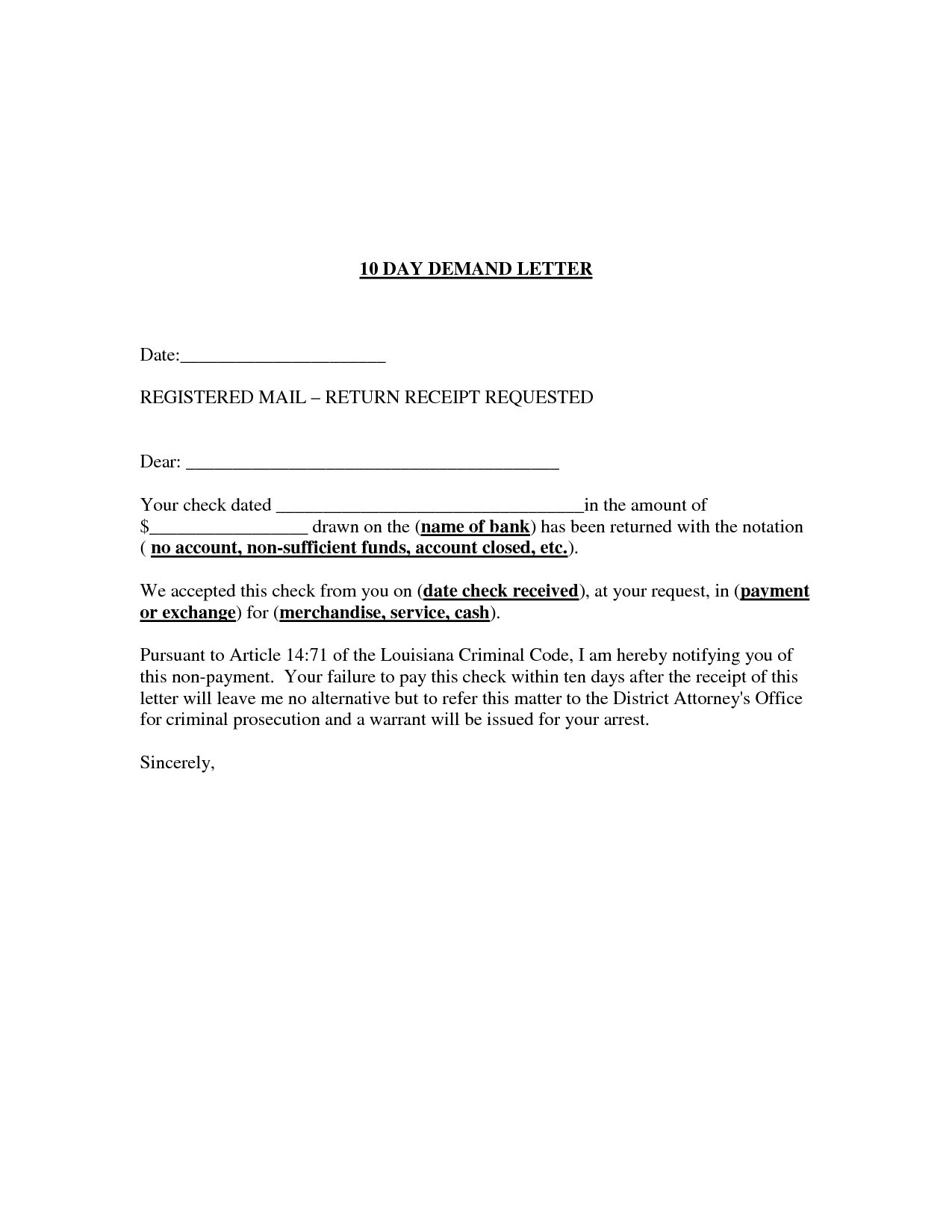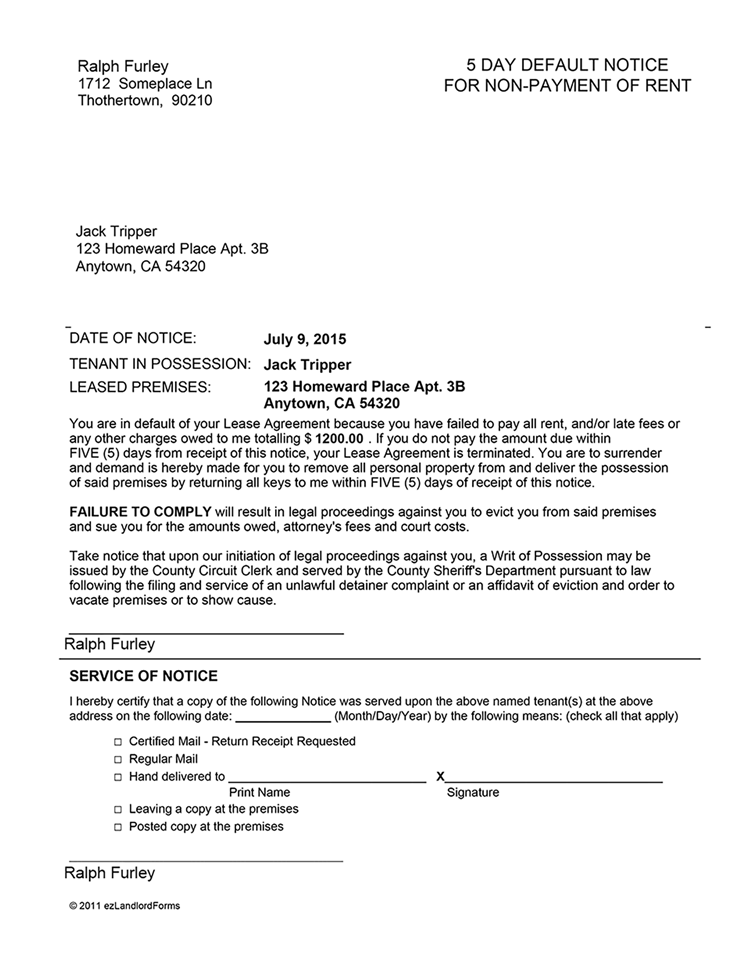

If a creditor has contacted you about a debt you think you do not owe, or if you disagree with the amount being claimed, you have a right to dispute the debt or the amount of the debt. It can be hard to know whether the debt is yours, and whether the correct amount is being claimed, especially if the debt has been ‘sold’ by the creditor to another party, such as a debt collection agency.

What should I do if I receive a letter of demand? You may not have to pay the extra costs if they are not included in the terms of the contract between you and the creditor. Some letters of demand include claims for additional amounts of money above what you owe, referred to as ‘fees’ or ‘costs’ for recovering the debt. If you move you do not have to tell creditors your new address, but if you decide not to, then court action may be taken against you and orders made without you knowing. See Notice of legal action – being sued.Ĭreditors generally send a letter of demand to your last known address. If you do not pay the debt, or if other arrangements are not made, the creditor may start court proceedings.

The letter may also come from the creditor’s solicitor or a debt collection agency.Ī letter of demand asks you to pay the debt and tells you that the creditor will sue if you do not pay.

Letters of demandĬreditors will usually (but not always) send a letter of demand, also known as a final notice, before taking further action. For example, notices about loan accounts covered by the National Credit Code must give you at least 30 days to bring the account up to date. These notices say how long you have to bring your repayments up to date before further action will be taken. Some legislation, such as the National Credit Code, requires creditors to send you specific notices before they can take further action to force you to pay the debt.


 0 kommentar(er)
0 kommentar(er)
